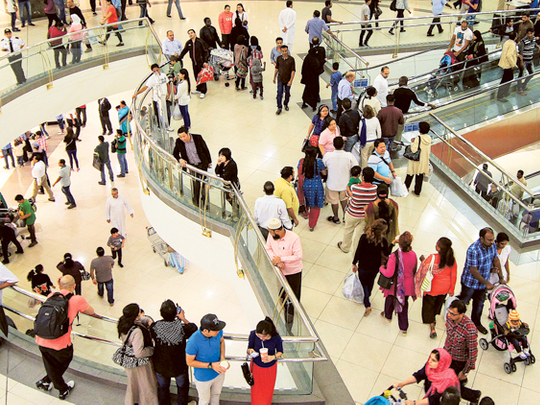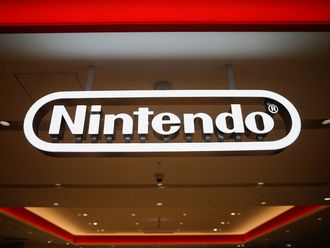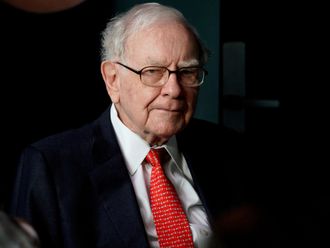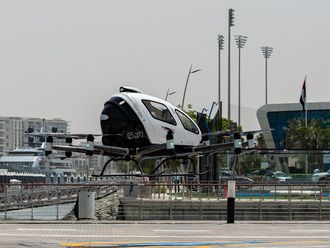
Dubai: The UAE’s retail industry continues to grow, according to a report by A.T. Kearney, a global management consultancy, which revealed that sales rose five per cent in 2013, boosting annual sales to $66 billion (Dh242.4 billion).
The positive performance helped the UAE climb one spot in the 2014 Global Retail Development Index (GRDI) from last year to take the fourth spot — its highest position ever on the index. In first spot was Chile, followed by China and Uruguay.
Factors driving the growth of the country’s retail industry include a boost in construction and infrastructure development, a growing young population, strong gross domestic product (GDP) growth and increasing consumer confidence and spending, A.T. Kearney stated in its report.
“The statistics point to sustained future growth for the UAE, maintaining the upward trend seen in previous GRDIs. Continued year-on-year increases in GDP per capita, retail spending per capita and retail sales points, in conjunction with significant retailer entry and expansion from local retailers, points to a bright future in retail for the UAE,” said Martin Fabel, partner and head of Consumer Industry and Retail Practice at A.T. Kearney Middle East.
The tourism and retail sectors are expected to benefit from Expo 2020, a six-month event which Dubai won the bid to host last November.
The retail sector has seen the expansion of businesses like Landmark Group, which plans to open 50 new stores in the UAE by 2015. Others are entering the UAE market, such as the UK-based department store chain House of Fraser, with a store in Abu Dhabi’s World Trade Centre Mall, which opened last year. It is the retailer’s first location outside of the UK and Ireland.
While Dubai’s shopping malls, such as The Dubai Mall and Mall of the Emirates, are focusing on expanding their existing spaces, Abu Dhabi is working on future retail developments to catch up with Dubai’s retail supply, according to the report. This year, the emirate is expected to see the opening of Yas Mall, which covers an area of 2.5 million square feet, in November, as well as Capital Mall in Mussafah and Sowwah Central on Al Maryah Island.
Shopping malls have a 10 per cent vacancy in Dubai and 2 per cent in Abu Dhabi Island, according to Craig Plumb, head of research for the Middle East and North Africa at JLL, a real estate consultancy.
Retail rental rates in the capital stood around Dh3,000 per square metre in the first quarter, up 4 per cent from Dh2,890 in the fourth quarter of last year, he said.
Dubai’s shopping malls saw a similar rental rate in the first quarter, except for The Dubai Mall and Mall of the Emirates, which stood at around Dh6,900 per square metre at the end of the period.
Plumb expects retail rental rates to stabilise in Abu Dhabi during the rest of the year, with the opening of Yas Mall, and increase further in Dubai.
“[Dubai’s] retail market is quite strong at the moment,” he said.
Meanwhile, retailers’ developments have been affected by changing consumer demand, as per the report.
For instance, Majid Al Futtaim opened its first property under its community mall brand My City Centre earlier this year, which reflects consumer demand for nearby outlets.
A.T. Kearney stated that retail saturation has led to developments such as The Beach, a beachfront mall at Jumeirah Beach Residence in Dubai.
Other countries in the Gulf Cooperation Council (GCC) are performing strongly, according to the report.
Kuwait climbed one spot to take the eighth position in this year’s index, followed by Saudi Arabia in 16th position and Oman in 17th spot.
The GRDI ranks the top 30 developing countries for retail investment worldwide.












